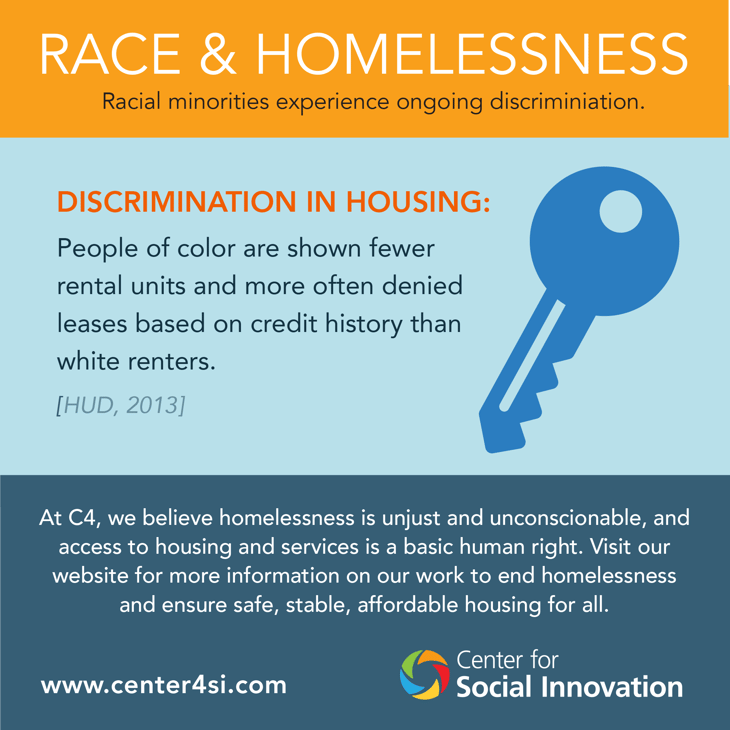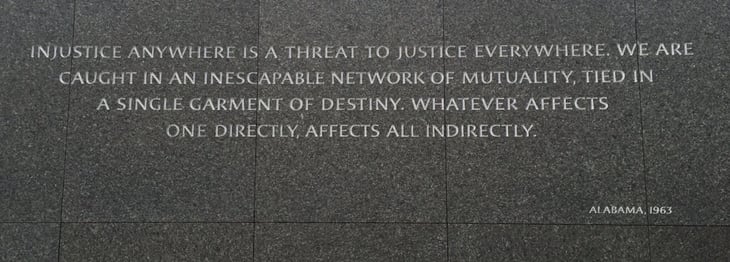
I saw a black woman stopped by a policeman recently on what seemed like a routine traffic stop. Within a few minutes, another police cruiser arrived. The fact that three police officers were needed to discuss a seemingly simple traffic violation put those of us at a nearby bus stop on edge.
It surprised me that my first reaction was to get out my phone and record the encounter in case things turned ugly. As I considered fishing my phone out of my purse and finding a good angle to record the events (while also protecting myself), the situation resolved itself, and all three cars sped away. Those of us who were left at the bus stop breathed a collective sigh of relief and went back to our normal morning commutes. While I was relieved that the situation resolved without incident, I felt deeply unsettled.









